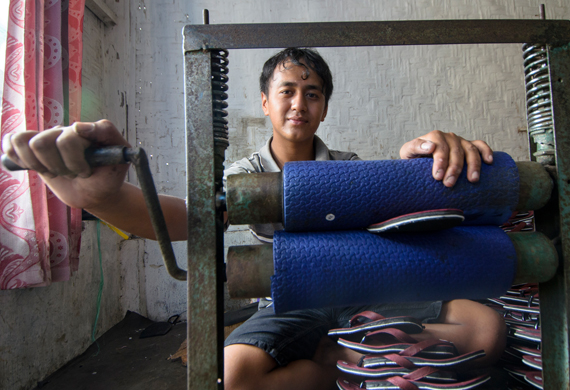
WHY
Globally, half of the labour force is working and producing in the informal economy. This work is often characterized by low pay, erratic hours, uncertain employment status and hazardous working conditions. A high proportion of these workers are young men and women, with evidence from twenty countries showing that more than three quarters of young workers aged 15-29 are engaged in informal employment. Decent Jobs for Youth aims to support young people currently working in the informal economy to make positive transitions towards formal employment.

HOW
Decent Jobs for Youth focuses on improving intermediation between employers and young people looking for their first formal job experience. This includes increased recognition of prior learning and upgrading informal apprenticeships so that they can be counted as real work experience. Innovative technology tools, such as electronic and mobile payment systems, are crucial for assisting young people in starting their first formal business, or in formalizing their ongoing entrepreneurial endeavours. By focusing on the transition to the formal economy, Decent Jobs for Youth complements wider action on the Transition from the Informal to the Formal Economy Recommendation, 2015 (No. 204).
WHO
The ILO is committed to leading on this thematic priority. Decent Jobs for Youth brings together a growing number of partners who are committed to facilitating young people’s transition to the formal economy.
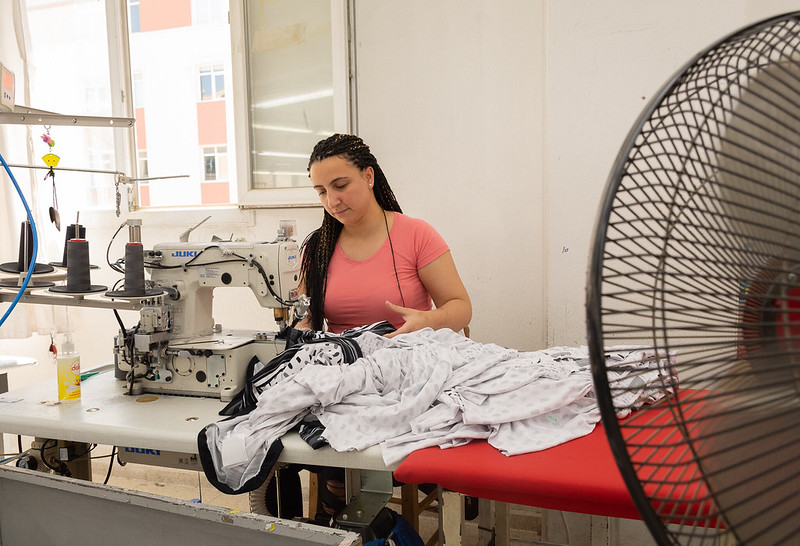
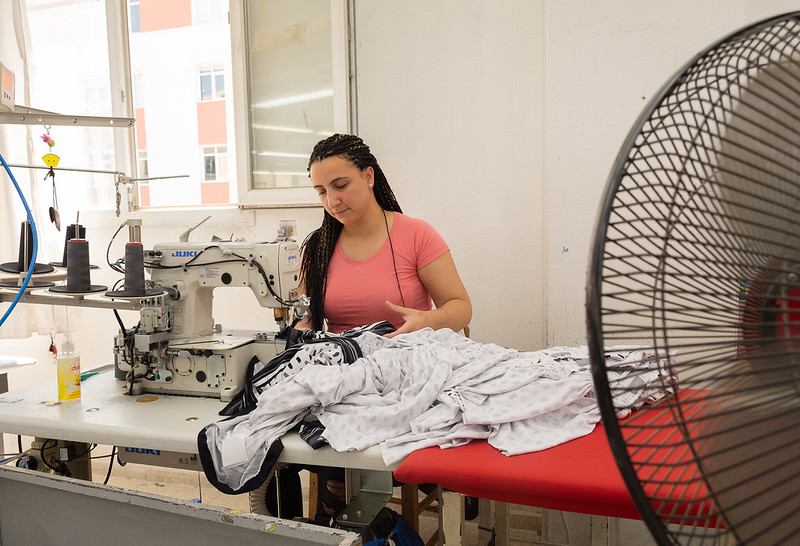







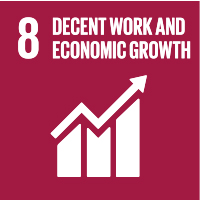
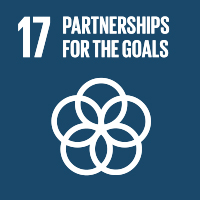


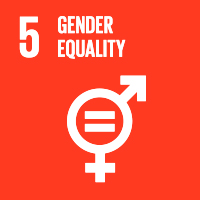
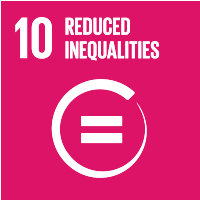
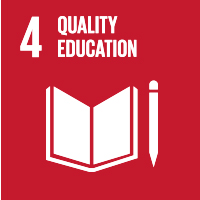





O365 Portfolio \"Sport, Education and Livelihoods\"
Olympism365, spearheaded by the IOC, builds a better world through sport by bringing together social impact initiatives and diverse organizations under one shared vision. It’s sport for sustainable development. Sport for common good. Sport for a better world. Everyday. Everywhere.The Olympism365 Portfolio "Sport, Education and Livelihoods," led in Latin America and the Caribbean and Europe by Fundación SES, aims to further young people’s transferable and social-emotional skills as well as their access to education, employment and entrepreneurial opportunities through the implementation of Sports for Development programs, capacity building, and thought and policy leadership under innovative partnership and association networks.
Uniting changemakers for economic opportunities
YEO 2030 will convene global changemakers and youth employment stakeholders to share, learn and promote knowledge and action on decent work for youth.